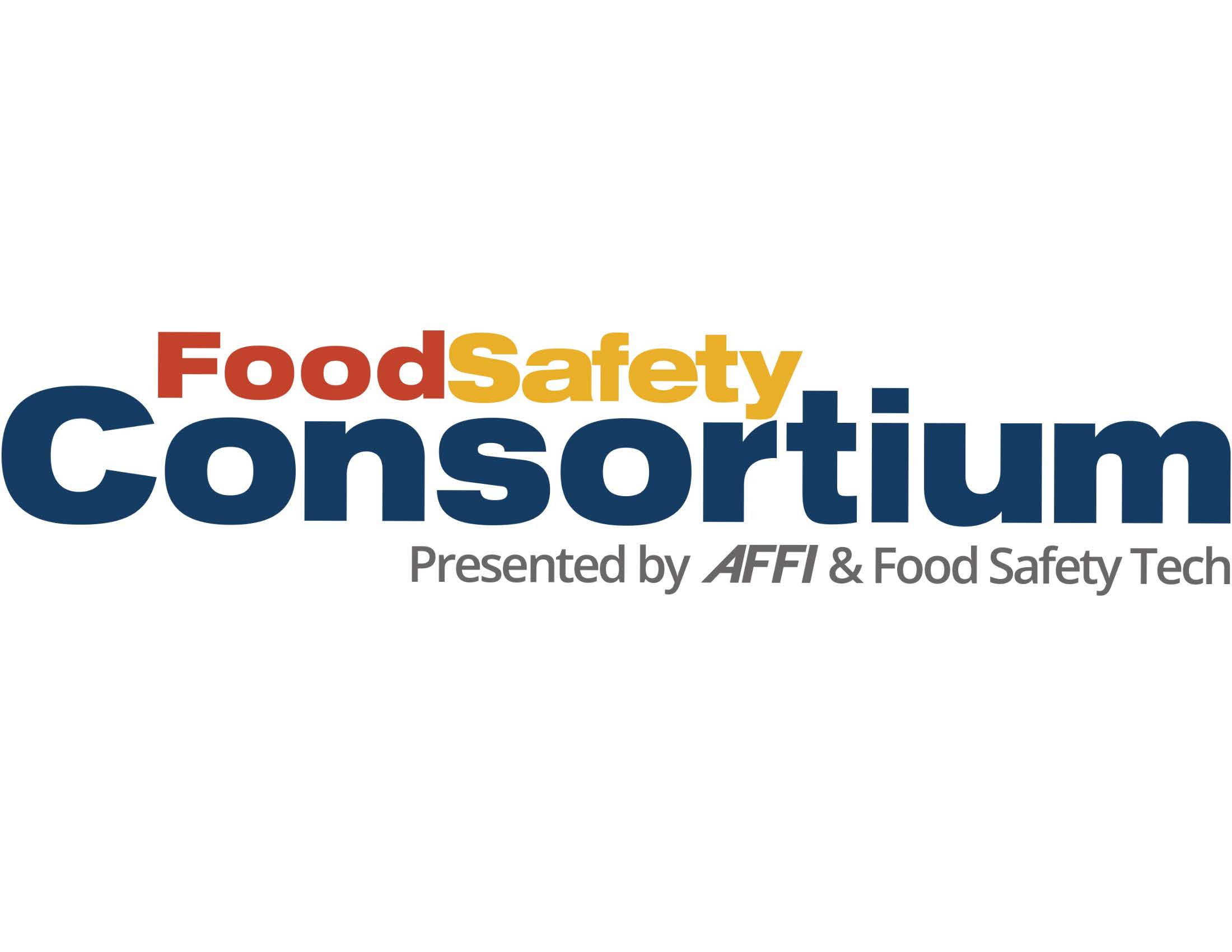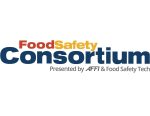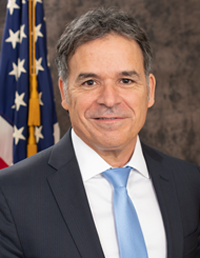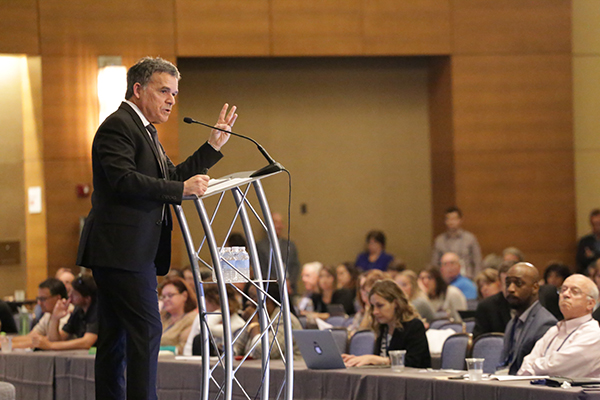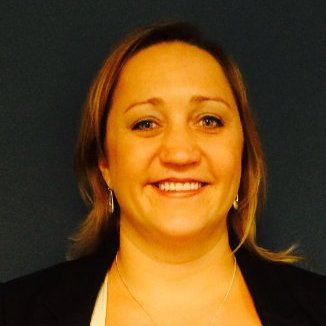As the food supply chain has become evermore global, the tracing of foodborne illness has become evermore complex. Although the Traceability Rule (FSMA 204) was enacted to mitigate that complexity, it has no provisions for interoperability between supply chains, primarily because FDA was not given the authority to require that.
So the Partnership for Food Traceability (PFT) has stepped up the plate to fill that gap. PFT is a public-private partnership between FDA, state officials, and all sectors of the food industry founded to help streamline the implementation of compliant traceability systems – accommodating both electronic and alternate/non-electronic methods to represent both large and small businesses.
A membership-based, sector-neutral organization, PFT provides a forum for stakeholders to come together with an equal voice to advance enhanced traceability. Companies that manufacture, process, pack, or hold foods and their trade associations can join as voting members; technology vendors and technical experts as non-voting members; and FDA and other officials will have formal, non-voting participation in full membership meetings, committees, and work groups. With the government officials serving as technical advisors to provide perspectives on regulations, guidance documents, policies, and practices, the membership will work to establish a comprehensive vision for enhanced food traceability in the U.S.
Understanding that it can be difficult for small stakeholders and businesses to have a voice in industry forums, “PFT has been designed to provide a level playing field so that everyone, regardless of your size, your sector, your business model, has an equal voice in the process of defining that vision,” said Leavitt Partners Principal Eric Marshall.
There’s also recognition that the implementation of traceability is difficult and dependent on a lot of people, companies, and sectors of the industry. “You can’t simply flip a switch and turn it on, Marshall said. “You need a clear, coordinated plan for how you get from here to compliance; and then not just to compliance, but how you get from basic compliance to actual optimization and interoperability. We think that the PFT can fill that role and provide that kind of a vision.”
“Today, traceability is the foundation for business growth,” said Kevin Edwards, Vice President of Global Market Development for the Global Dialogue on Seafood Traceability (GDST). “The key to global digital traceability is a common data language and an interoperable approach; advancing our mission cannot be done alone.”
Echoing a similar sentiment The Acheson Group Executive Vice President of Regulatory and Scientific Affairs Ben Miller said, “Our goal is to create that overarching vision and plan for traceability, but we are not intending to displace any of the work that’s come before, rather to extend it and bring it together in a town square concept. Importantly,” he added, “we don’t want to hinder innovation or efficiency.” In fact, Miller sees that as the principal return on investment of the group: “The more we can arrive at standardized approaches, the greater efficiency we will realize across the supply chain,” he said.
Additionally, the partnership is not starting from a blank slate. Rather, Miller said, “We have the benefit of standing on the shoulders of the success of the Partnership for DSCSA Governance developed by the drug industry. So we know this structure, based on previous experience, is one that can work well.”
The primary charges of PFT are to:
• Define open-source consensus business requirements and functional requirements for food traceability. The specific technical vision will be determined through decision-making mechanisms that promote balance, sector neutrality, and equitability, leveraging and incorporating existing work from various sectors.
• Coordinate pilots and share pilot learnings to advance electronic traceability. PFT will provide a forum to consolidate learnings from private and public pilots; identify and support new pilots; and promote industry/regulator interactions through pilot activity.
• Provide a forum for the sharing of common practices in supplier requirements for data sharing. Through a dedicated work group, PFT will strive to ensure its consensus business and functional requirements build on, and limit disruption to, supplier requirements, with each company free to establish its own standards. PFT will promote consistent and interoperable requirements by providing a forum for the discussion of promising practices.
With regulators also playing an essential role both in helping to define requirements for food traceability and as a recipient of food traceability information, FDA has formally agreed to collaborate with industry through the PFT to coordinate approaches across diverse supply chain sectors and help to more rapidly remove contaminated products from the market. Although interoperability is not a requirement of the Traceability Rule, it is becoming increasingly more important to how food traceability is operationalized within the broader food supply chain, and better food traceability means faster, more accurate, and more efficient outbreak investigations; and that requires FDA having a seat at the table with the broader food industry.
“PFT enables the ability to create an industry ‘town square’ that can bring the best thinking together from different functions and types of companies,” stated John Phillips, Pepsico Senior Vice President of Customer Supply Chain and Go-To-Market. “We have been involved in the planning group, and even in those sessions we have had great conversations on some of the challenges that we need to solve, and even came up with some creative ideas for many of them,” he said. Companies will benefit and help the industry by being engaged in this forum and ensuring their input helps craft the industry path forward.
It is important to understand that the PFT is for the entire supply chain through to retail foods and restaurants – large and small. “I think a lot of people assume that traceability is going to impact only the big restaurants. And that’s not true. We’ve done the math on this; we believe FSMA 204 will directly impact more than 85% of all restaurants across the United States – including mobile food trucks and food carts,” said National Restaurant Association Vice President of Food Science Patrick Guzzle. “We believe the impact will be great to the industry, so the importance of hearing from small vendors from small restaurants is really important as this all comes together.”
Whether a producer, manufacturer, processor, distributor, retailer or restaurant, becoming a member of PFT offers a strategic advantage that goes beyond compliance with the FSMA Traceability Rule. Members gain direct influence on how traceability systems are developed and implemented, a unique access to collaboration with the FDA, and the opportunity to network and collaborate with a diverse group of stakeholders across the food supply chain. Sharing best practices and learning from industry-wide approaches, can help a company innovate and improve its traceability processes, leading to greater operational efficiency, reducing duplication of efforts and lowering compliance costs, and ultimately providing long-term cost savings.
“In essence, PFT membership is an investment in your company’s future, ensuring that you play a key role in advancing safer, more transparent food supply chains that align with your company’s needs,” Marshall said.
Over the next few months, PFT will finalize the organizational details, begin an initial member sign-on period, and hold Board Member elections with a goal of holding its first Board Meeting on October 23. For more information and membership application, visit pftraceability.org.
Editors Note: the key leaders of the PFT are guests of Rick Biros’ webinar series, It’s 5 o’clock somewhere… A happy hour conversation about Food Safety & Quality, December 18 at 4pm EST. Register Here

